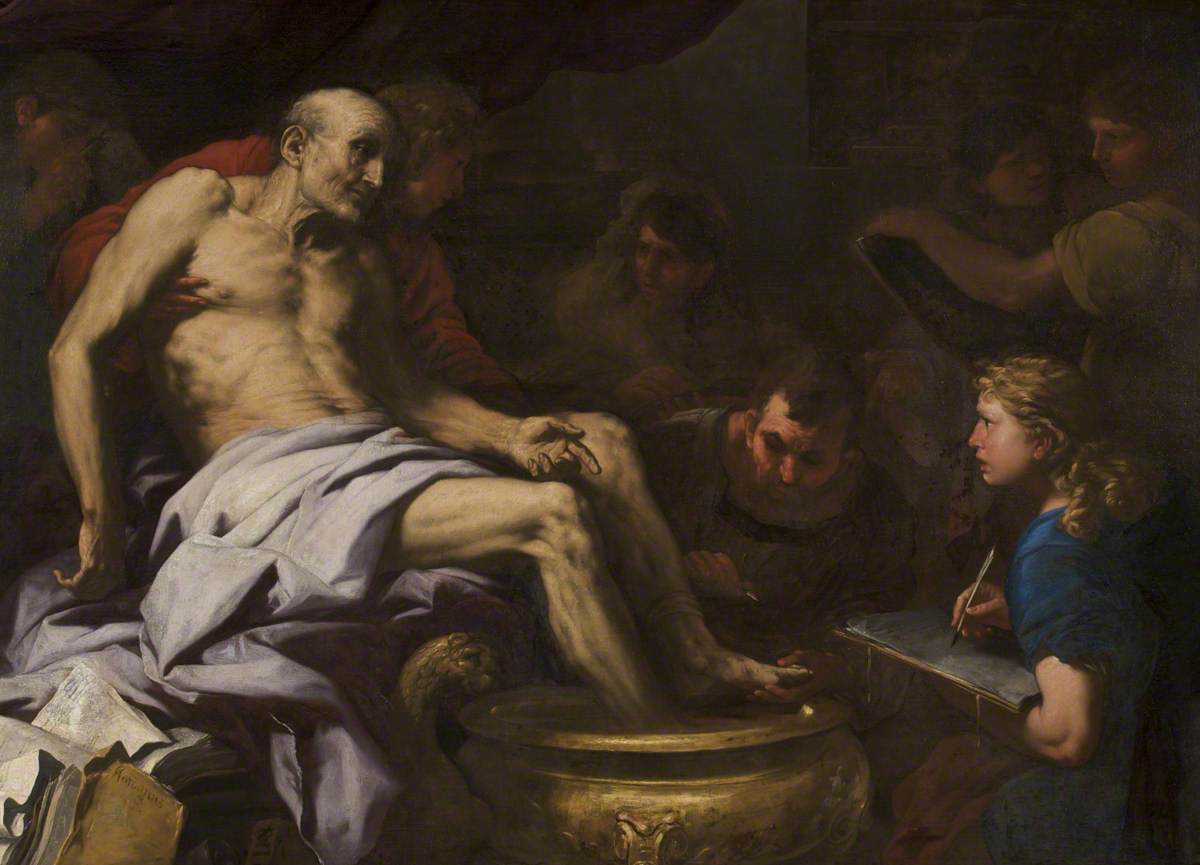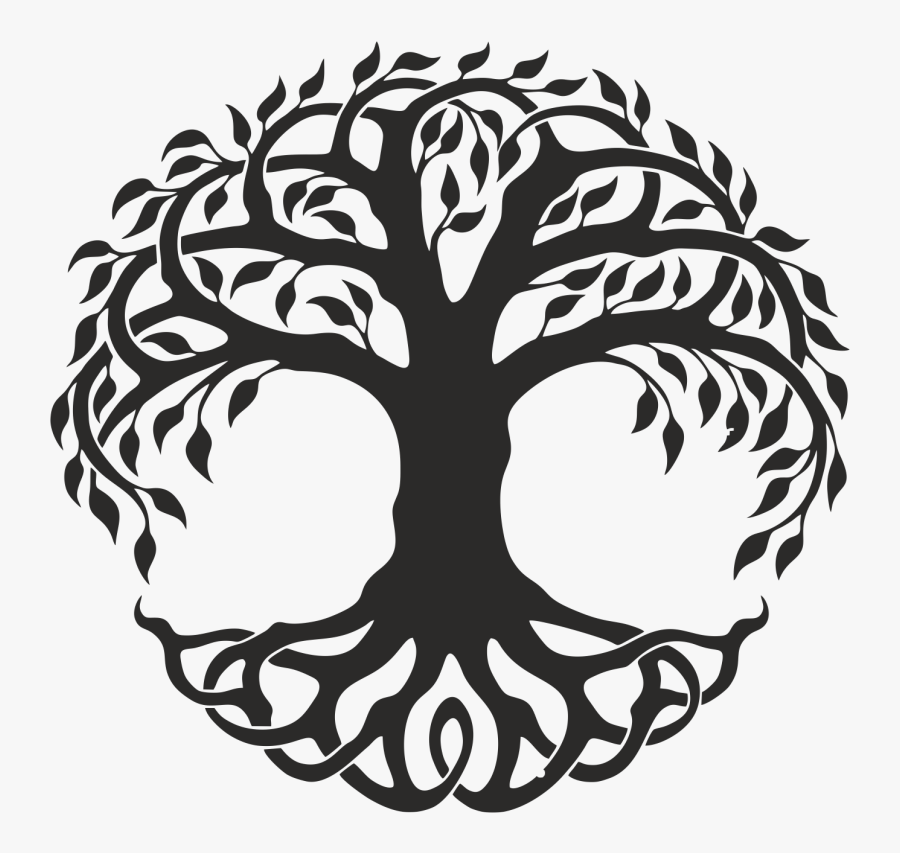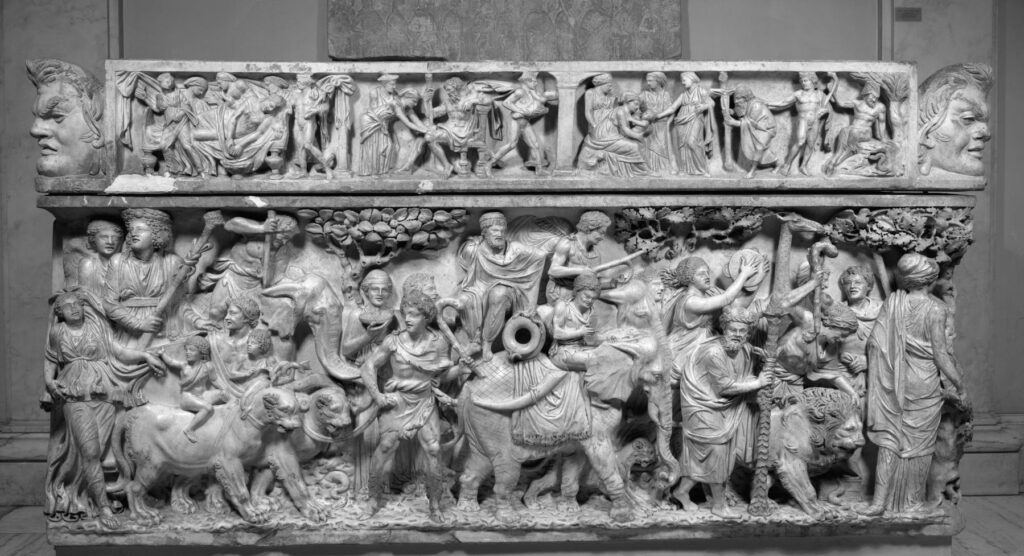Resources
Classics Without the Classroom: A Guide to Getting (Really) Educated…
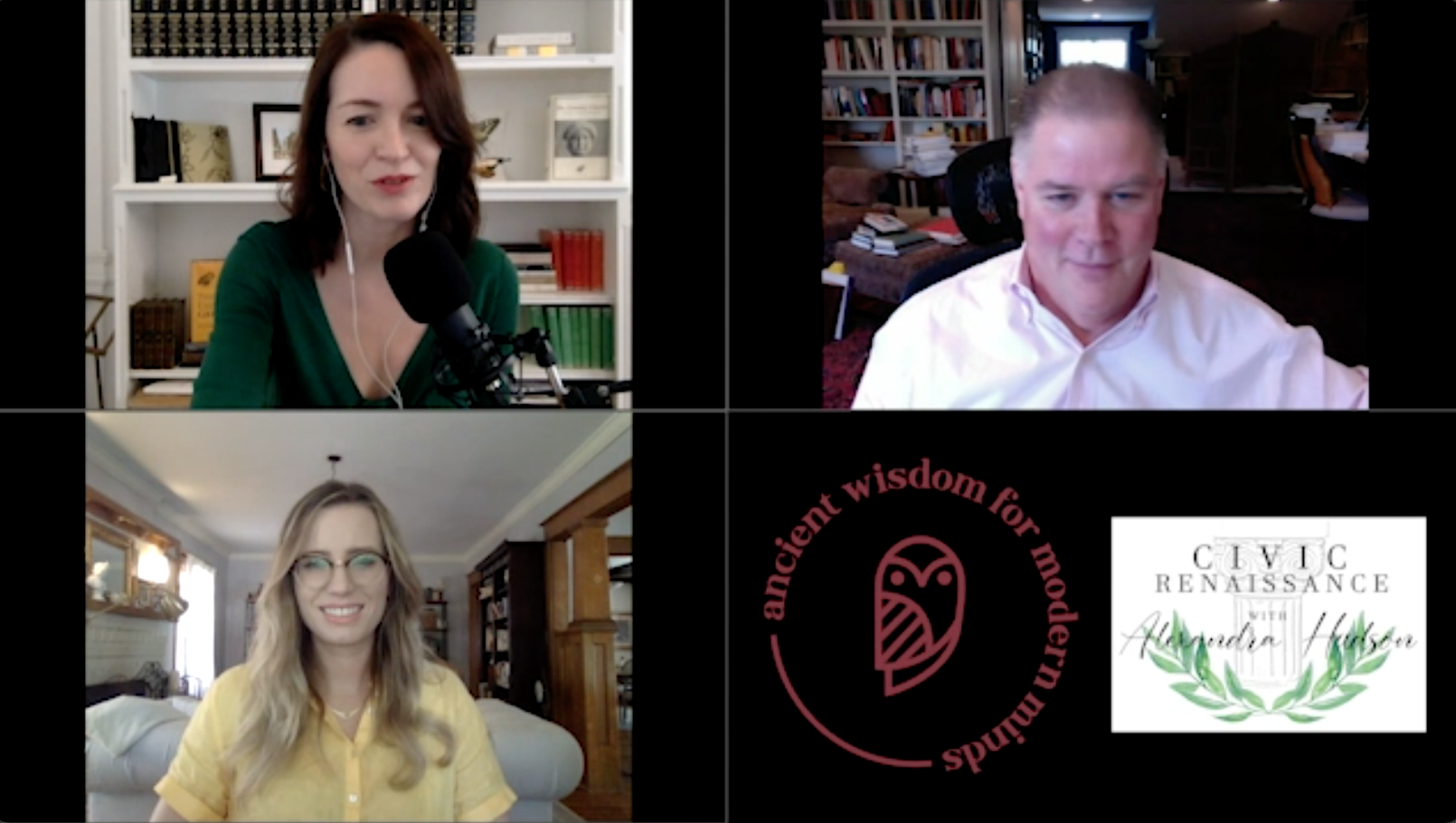

Resources

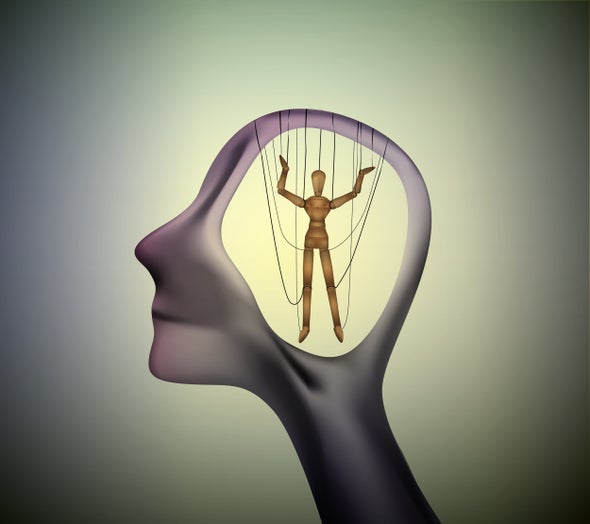
And if not, what are the consequences?
“The sciences have grown steadily bolder in their claim that all human behavior can be explained through the clockwork laws of cause and effect.” Writes Stephen Cave in the Atlantic.“The challenge posed by neuroscience is more radical: It describes the brain as a physical system like any other, and suggests that we no more will it to operate in a particular way than we will our heart to beat.”He continues, “Brain scanners have enabled us to peer inside a living person’s skull, revealing intricate networks of neurons and allowing scientists to reach broad agreement that these networks are shaped by both genes and environment. But there is also agreement in the scientific community that the firing of neurons determines not just some or most but all of our thoughts, hopes, memories, and dreams.”
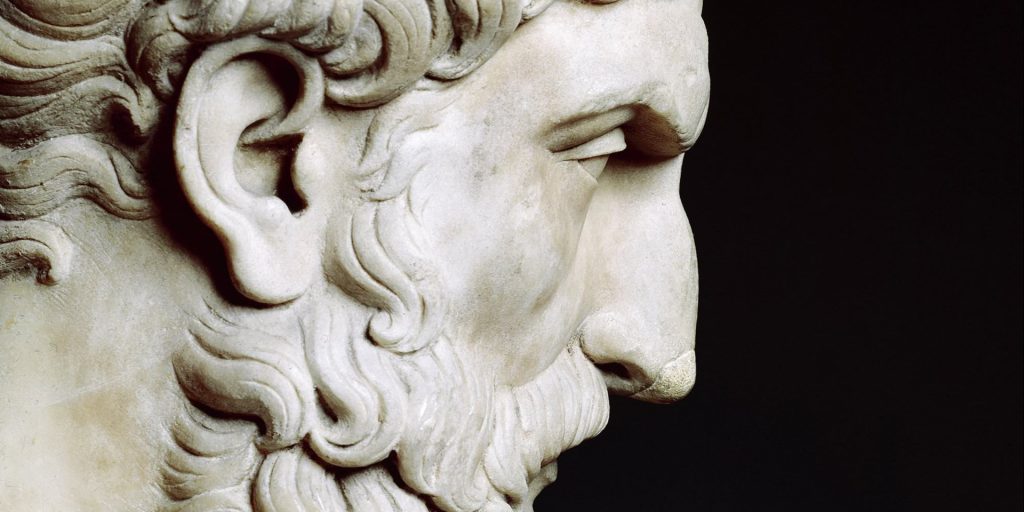
“…some things happen of necessity (ἀνάγκη), others by chance (τύχη), others through our own agency (παρ’ ἡμᾶς).”…necessity destroys responsibility and chance is inconstant; whereas our own actions are autonomous, and it is to them that praise and blame naturally attach.”
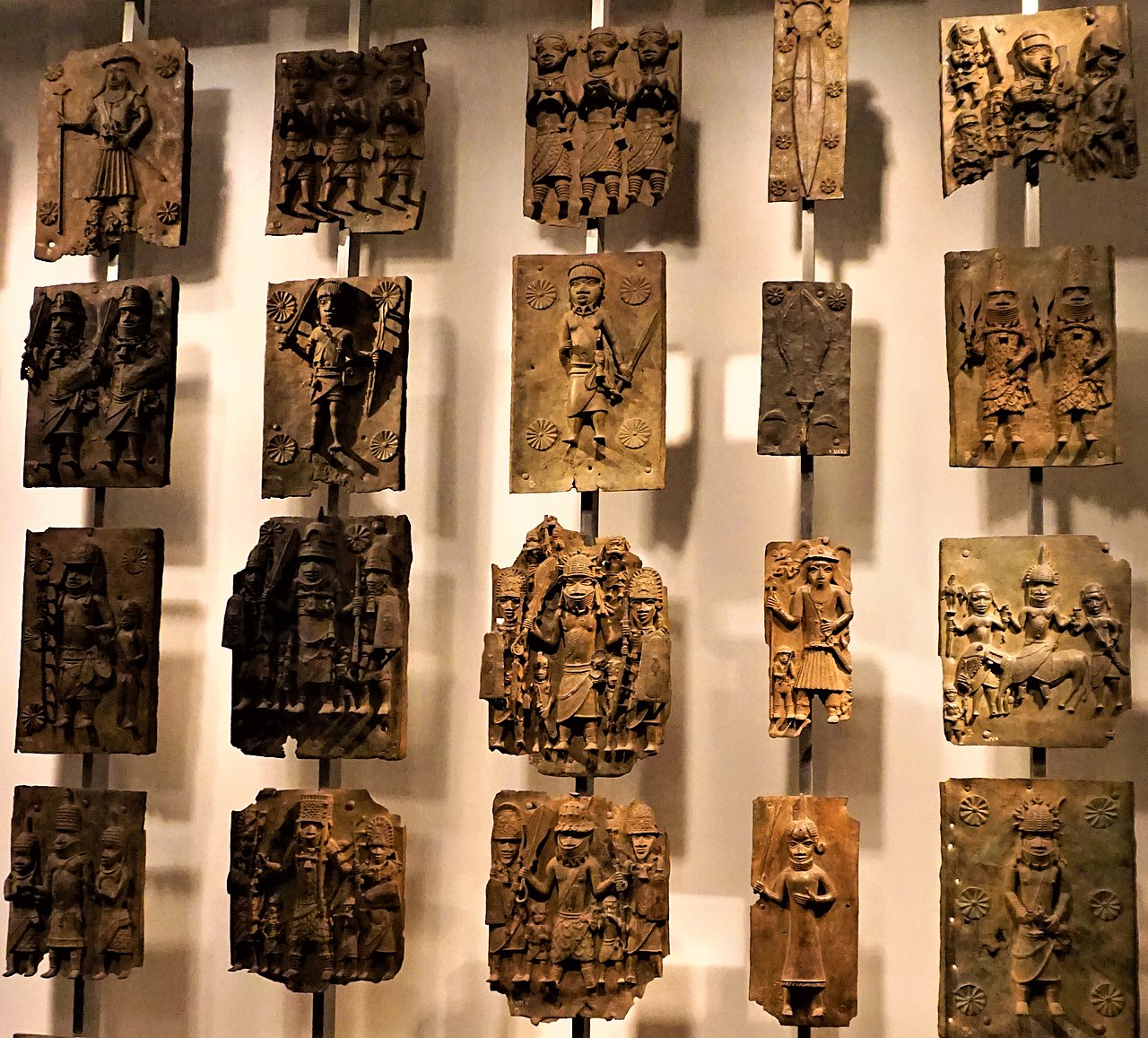
“In 1897, British colonial forces razed Benin City, massacring an unknown number of people and bringing a violent end to the Kingdom of Benin, which had thrived for centuries as one of West Africa’s major powers.“During the raid, British troops looted at least 3,000 precious items made by the Edo people, including ivory statues, carved elephant tusks, ceramics, masks, carved portraits of Obas (or kings) and their mothers, and more than 1,000 intricately decorated brass plaques that once adorned ancestral altars and court buildings in the city’s royal palace.” – Smithsonian Magazine
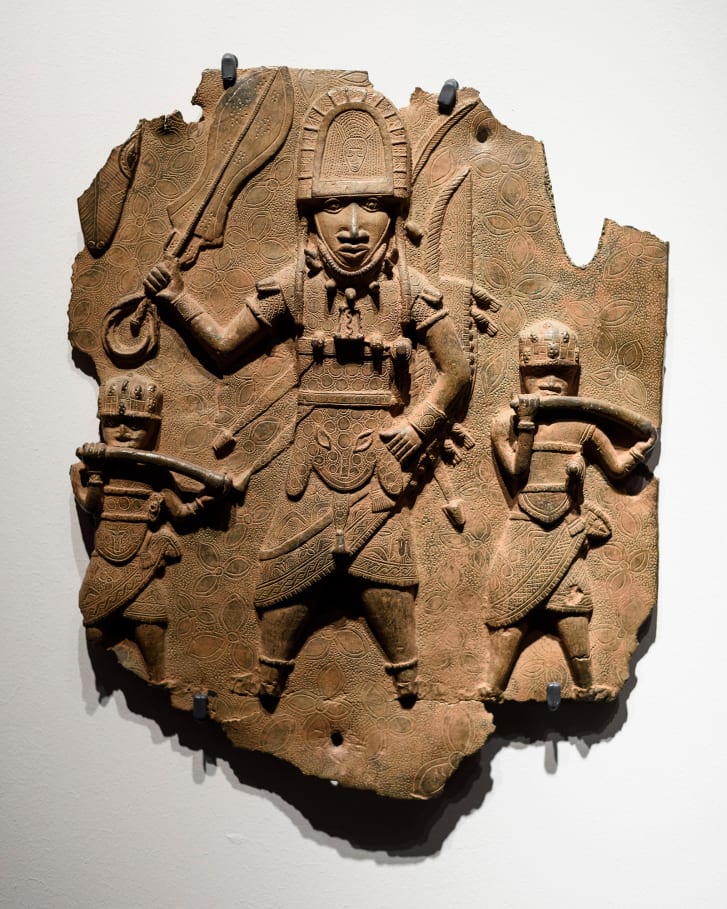
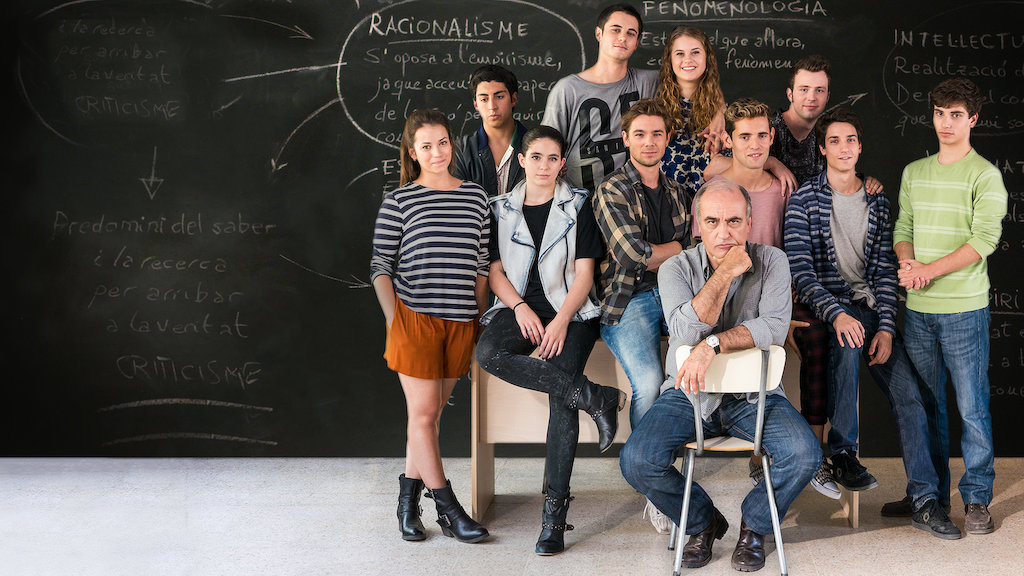

| Yes, it’s been exactly 1900 years since the closest thing to a philosopher king was born on this day, April 26th, 121 AD. His contributions to popularizing Stoicism can not be underestimated. Indeed, we only like to imagine how he would respond to our Stoic Essay Competition question: How can Stoicism help address the problem of anger in modern society? If you are a student, or know a student, who would like to win a $500 cash prize and have their essay read by prominent Stoics, check out the details to enter here. |
